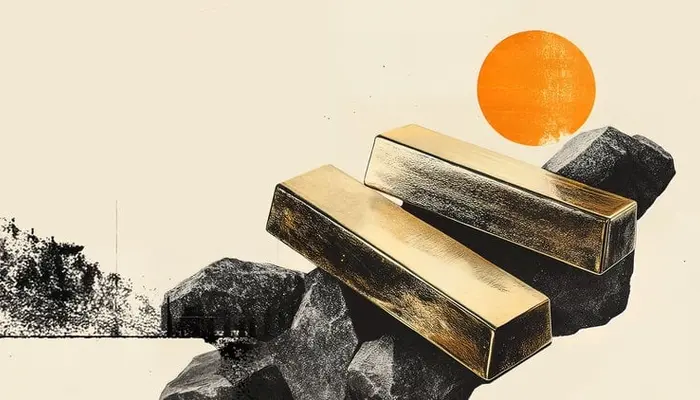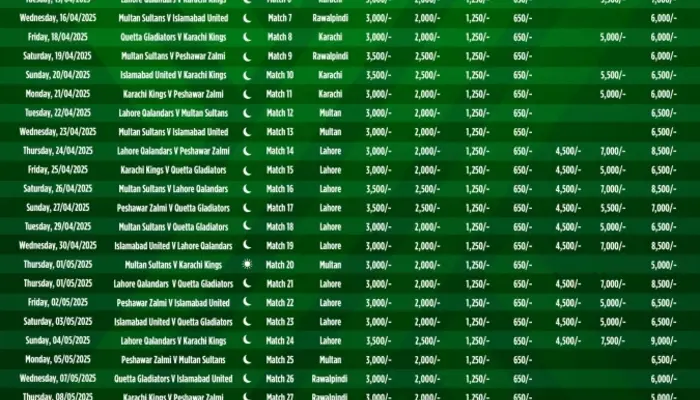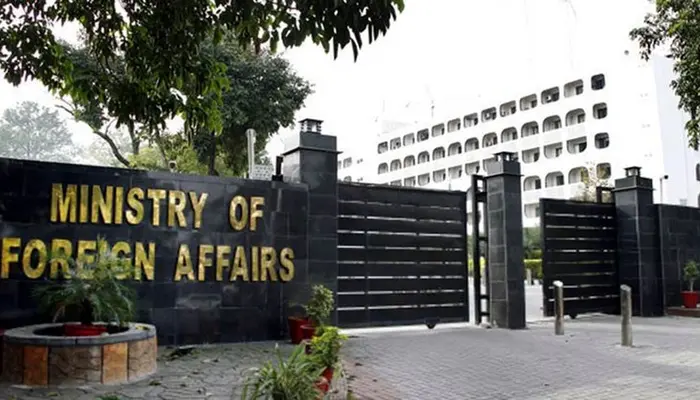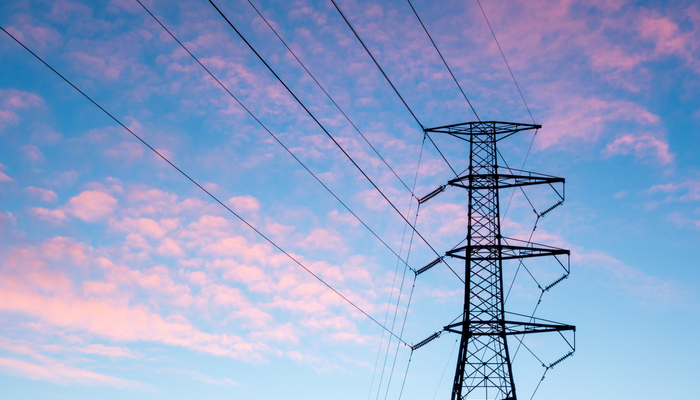Japan Decides to Release Contaminated Water into Sea
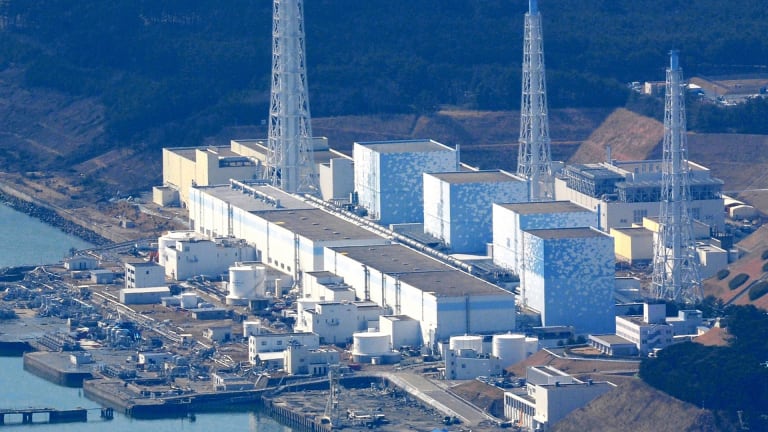
Japan has decided to release contaminated water from the Fukushima nuclear power plant into the sea this year.
The disaster of Fukushima in 2011 remains a heartbreaking memory for Japan and the worst nuclear disaster in history after Chornobyl. A strong earthquake of 9.0 magnitudes hit Japan’s north-eastern side which triggered a disastrous tsunami.
The intense waves of tsunami hit the Daichi nuclear power plant which sparked a catastrophic event in the history of Japan. More than 150,000 people had to evacuate their hometowns because of the leaking radiation from the nuclear plant.
Now, Japan has decided to release more than a million tonnes of water into the sea from the Fukushima nuclear power plant. The international Atomic Energy Agency (IAEA) has said that this proposal is safe because the removal of radioactive particles from the water is of national standard and it will only hurt humans if they consume it in larger quantities, but Japan is safe to carry out the process.
The government of Japan has revealed that they have removed and filtered most of the radioactive isotopes. However, tritium remains in the water because it is difficult to remove it.
Moreover, neighboring countries and fisherman community that lives on and close to the Fukushima island disapprove this proposal.







